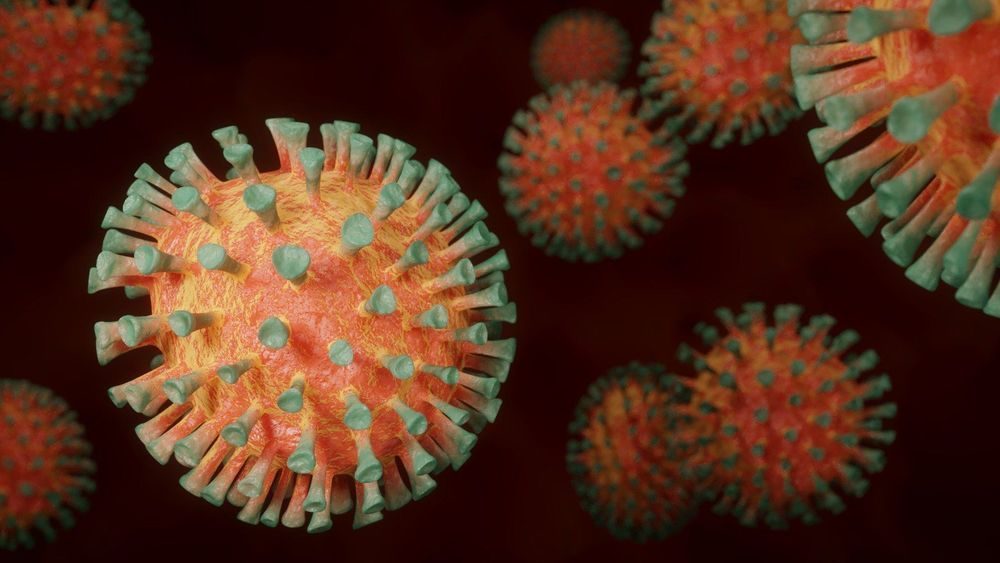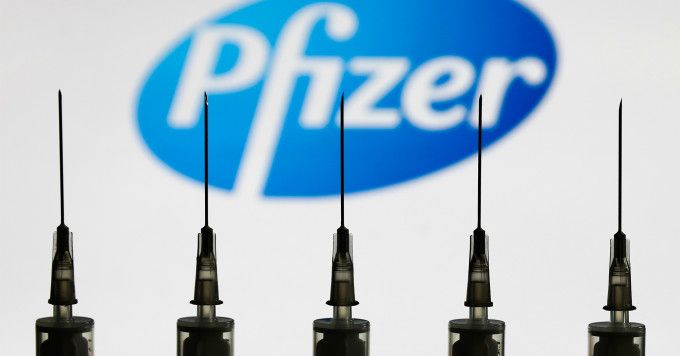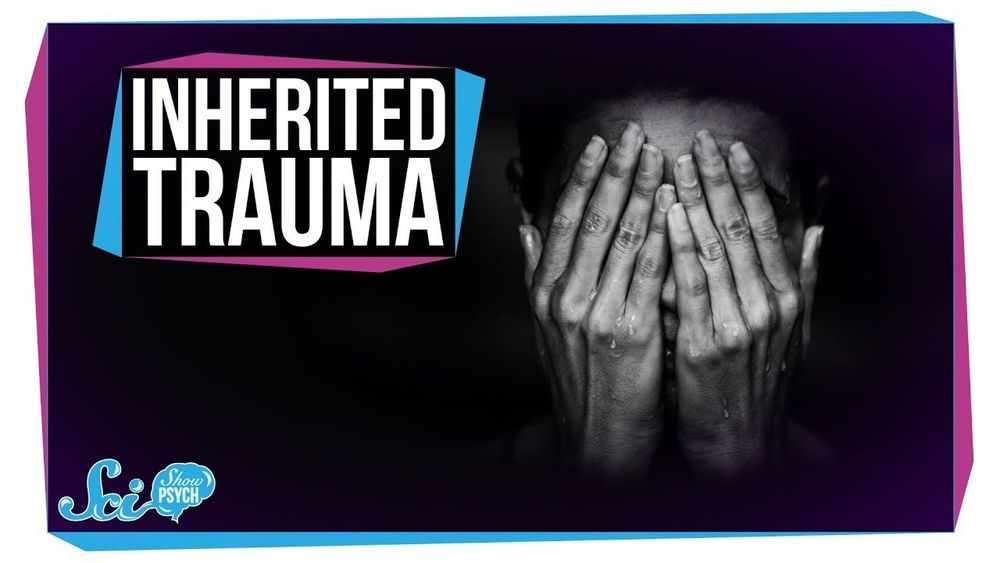Oct 19, 2020
Scientists map the human proteome
Posted by Paul M. Vittay in categories: biotech/medical, genetics
Knowing which proteins are key to protection from disease, and the deficiencies in expression or activity that are hallmarks of disease, can inform individualized medicine and the development of new therapies.
Twenty years after the release of the human genome, the genetic “blueprint” of human life, an international research team, including the University of British Columbia’s Chris Overall, has now mapped the first draft sequence of the human proteome.
Their work was published Oct. 16 in Nature Communications and announced today by the Human Proteome Organization (HUPO).

















